-

Hands-on Demo – Managing Inner Source with Forks
Hands-on Demo – Managing Inner Source with Forks In this demonstration, we’ll explore how Inner Source can be effectively managed using forks within a Git-based workflow. Forking allows contributors from different teams or departments to work independently on their own copies of a repository while… [ Read More ]
-

Exploring Advanced Scenarios Involving Forks
Exploring Advanced Scenarios Involving Forks In advanced scenarios, using forks can facilitate complex workflows involving collaboration, integration, and management across multiple repositories or teams. Below are some advanced scenarios with workflows that leverage forks. 1. Forking for Long-Term Development and Feature Development In large projects,… [ Read More ]
-

Hands-on Demo – Implementing Fork Workflow in Git
Hands-on Demo – Implementing Fork Workflow in Git Implementing Fork Workflow Fork Workflow is commonly used when working with Git repositories where collaboration and code sharing between teams or contributors is required. This workflow allows contributors to work on their own copies (forks) of a… [ Read More ]
-

Exploring Foster Inner Source
Exploring Foster Inner Source Inner Source is a software development practice that applies open source software development principles to software projects within an organization. It encourages teams to adopt transparency, collaboration, and community engagement internally to foster innovation, improve productivity, and accelerate development cycles. Key… [ Read More ]
-

Advanced Implementation of Git Hooks with CI/CD Pipelines
Advanced Implementation of Git Hooks with CI/CD Pipelines Integrating Git hooks with CI/CD pipelines streamlines workflows, automates testing, and ensures continuous delivery. Below, we’ll explore how to use Git hooks in conjunction with CI/CD tools such as GitHub Actions, Azure DevOps, and Jenkins. Integrating Git… [ Read More ]
-

Learn how to Implement Git hooks
Learn how to Implement Git hooks Git hooks are simple scripts that run automatically at specific points in the Git workflow. Below, we’ll walk through how to create, enable, and use Git hooks for common tasks. Step-by-Step Guide to Implement Git Hooks 1. Create a… [ Read More ]
-

Using Git Hooks for specific use-cases to meet your requirement
Using Git Hooks for specific use-cases to meet your requirement Git hooks can be tailored to meet various needs, such as improving code quality, automating deployments, and integrating CI/CD workflows. Below are some common use cases with examples on how to implement them using Git… [ Read More ]
-

Automating tasks using Git Hooks custom scripts
Automating tasks using Git Hooks custom scripts Git hooks are custom scripts that automatically execute in response to specific Git events. These scripts help automate tasks such as code validation, testing, notifications, or enforcing workflows during Git operations like commits, pushes, pulls, merges, and more.… [ Read More ]
-

Things to know about Git Hooks
Things to know about Git Hooks Git hooks are scripts that are executed automatically in response to certain Git events. They help automate tasks during specific stages of Git operations, such as committing, pushing, cloning, or merging. Git hooks allow for customization and integration with… [ Read More ]
-

Hands-on Demo – Azure Repos collaborating with Pull Requests
Hands-on Demo – Azure Repos collaborating with Pull Requests In this demo, we'll walk through the steps of collaborating with pull requests in Azure Repos. We'll cover creating a PR, adding reviewers, addressing feedback, and merging changes. Step-by-Step Demo: Collaborating with Pull Requests 1. Create… [ Read More ]
DevOps, Cloud, Azure resources & blog
Category: Azure DevOps
All resources required to kick start your DevOps journey on Azure
Featured Courses

Rajnish Kumar Jha
MCT, MCSA, MCSE, MCAD, MCPD, MCTS, MCSD
My name is Rajnish Kumar Jha. I am Technical architect on Azure Cloud and .NET since 21+ years. I’ve worked for pioneer companies and as freelance trainer/consultant helping my clients to achieve their IT goals.
I find blogging, a great way to share back what I’ve learned all through my professional journey. You are welcome to connect or share feedback/suggestion here or through an email.
My MCT card (Microsoft)
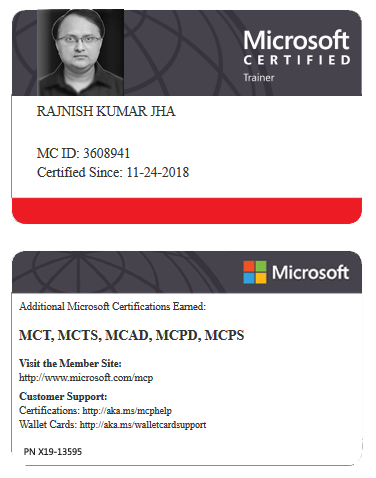
My Certifications
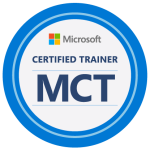

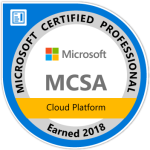
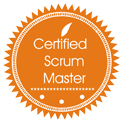
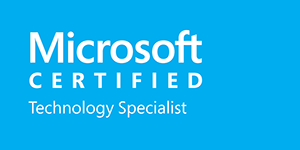

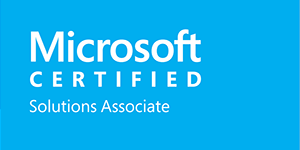
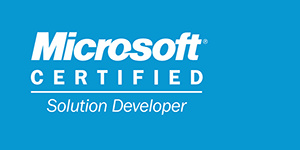
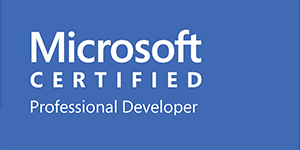

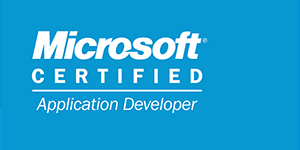
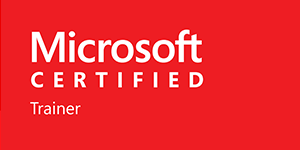
Popular Posts
Stay Connected
Unlock the full potential of Azure Cloud with me
– Your trusted guide to Azure mastery!
SUBSCRIBE
My newsletter for exclusive content and offers. Type email and hit Enter.
No spam ever. Unsubscribe anytime.
Read the Privacy Policy.





